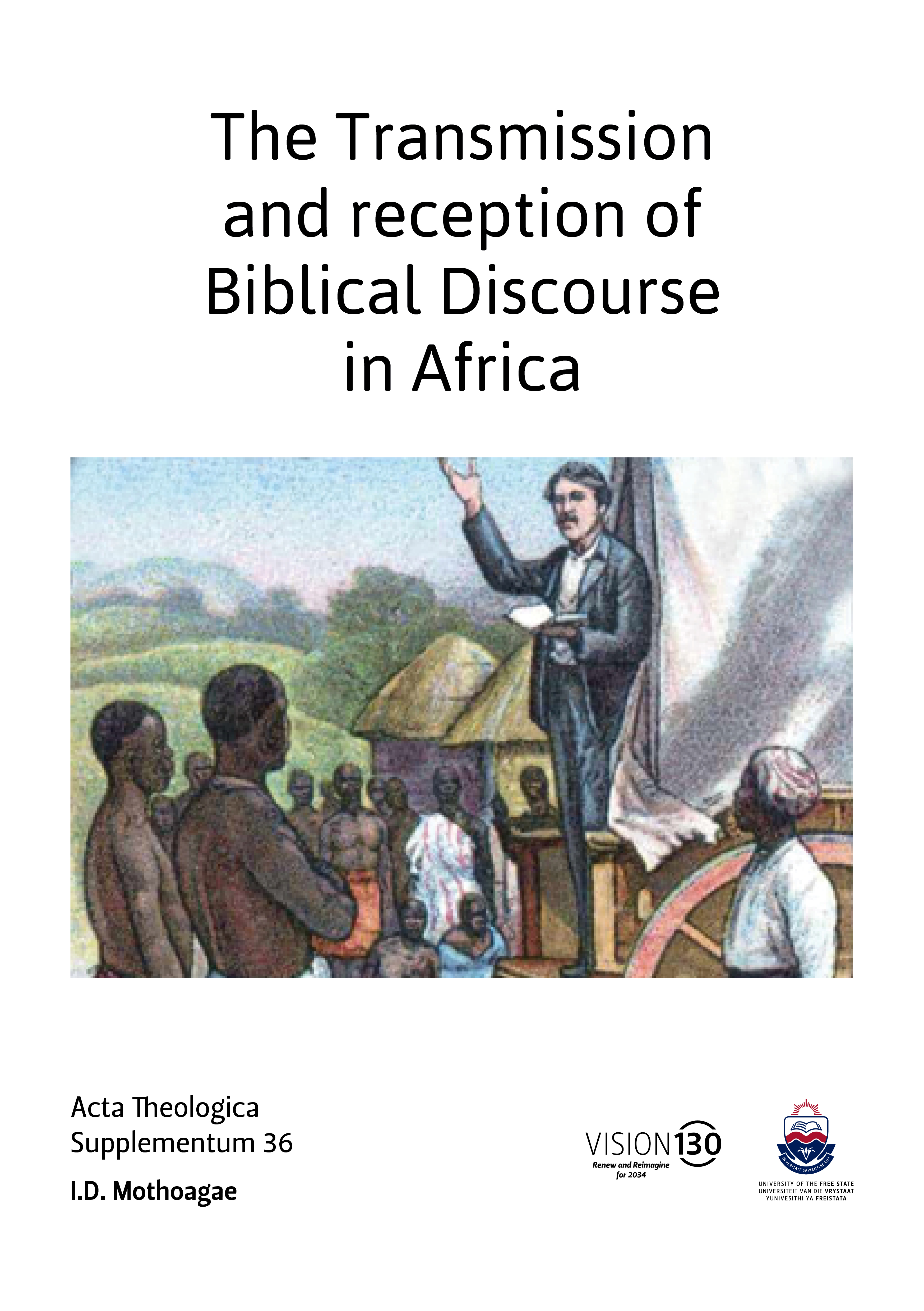Lesbianism: Deconstructing the Christian church and social hierarchies in South Africa
DOI:
https://doi.org/10.38140/at.vi.7029Abstract
Christianity places a high value on one’s faith in Jesus Christ, and from this belief, one fosters a perception of LGBTQI people. The general patriarchal idea that the only true, biblical sexual orientation is heterosexuality is one of the elements contributing to the religious obstacle the LGBTQI face. Lesbian[1] spouses and their children are frequently subjected to animosity and rejection from members of the local community, where they choose to participate in religious activities. This is because lesbians and/or lesbian families depart from the so-called heterosexual norm. To analyse how the Christian church refers to homosexuality. I will use Michel Foucault’s philosophy on discourse and power as a theoretical underpinning to examine the preconceived concept of a fixed social hierarchy within the Christian church and society. The paper focuses on the biblical discourses that underlie lesbian identity. By highlighting how colonial impressions resulted in a homophobic reception of the bible, I argue for a positive reimagining between churches and the LGBTQI community and provide evidence that the Christian church and social hierarchies impact lesbian identity negatively through the implementation of the Biblical text and patriarchal ontology.
[1] The term lesbian will be used to describe lesbian individuals with or without partners and children.
Christianity’s emphasis on faith in Jesus Christ can shape perceptions of LGBTQI individuals. The notion that heterosexuality is the only biblically sanctioned sexual orientation, rooted in patriarchal ideals, presents a religious
challenge for the LGBTQI1 community. Lesbian couples and their children often face hostility and exclusion from local religious communities, due to their departure from heterosexual norms. This article employs Michel Foucault’s
discourse and power theory to examine how the Christian church and society maintain a fixed social hierarchy. It
focuses on biblical discourses shaping lesbian identity and highlights how colonial influences have fuelled a
homophobic interpretation of the Bible. The argument advocates for a more positive relationship between churches and the LGBTQI community, asserting that the Christian church and social hierarchies negatively impact on lesbian identity through the use of biblical text and patriarchal views.
Downloads
##submission.downloads##
Published
How to Cite
Issue
Section
License
Copyright (c) 2023 Leandra Joubert

This work is licensed under a Creative Commons Attribution 4.0 International License.




